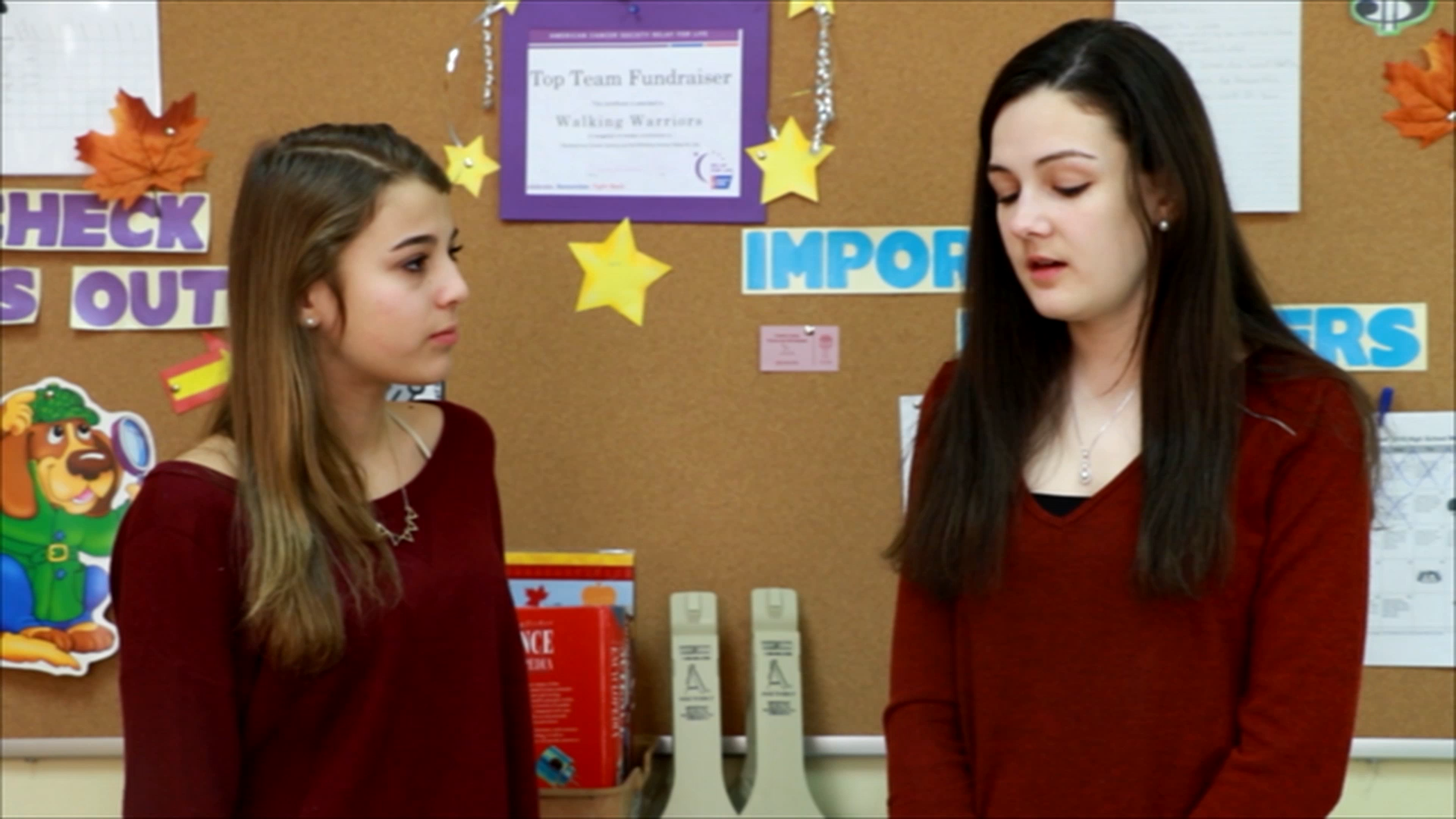
For educators working with PreK students in special education settings, understanding and supporting the development of expressive language skills is crucial. In this blog post, we’ll explore the target skill, discuss the role of various specialists in nurturing this skill, and provide specific IEP goals and strategies to improve expressive language abilities in young learners.
Understanding Expressive Language Skills
Expressive language skills refer to the ability of a student to communicate their thoughts, feelings, and ideas through verbal and non-verbal means. These skills play a vital role in the learning, social interactions, and overall wellbeing of students. By enhancing expressive language skills, students can better participate in classroom activities, build relationships, and express their emotions effectively.
The Role of Specialists
Various specialists can support the development of expressive language skills in students:
- Speech-Language Pathologists: They can assess and provide targeted interventions to improve verbal communication skills, including articulation, fluency, and voice modulation.
- Social Workers: They can help students develop social skills and emotional resilience, which are essential for effective communication.
- Psychologists: They can identify underlying cognitive or emotional factors that may impact language development and recommend appropriate interventions.
- School Counselors: They can support students in navigating social situations and developing self-advocacy skills, further enhancing their expressive language abilities.
IEP Goals for Expressive Language Skills
Here are some SMART IEP goals to improve expressive language skills in PreK students:
- Goal: The student will use appropriate voice modulation to express emotions in 4 out of 5 opportunities.
- Strategies and Activities: Role-playing, emotion flashcards, and practicing different tones of voice during storytime.
- Goal: The student will initiate and maintain conversations with peers using complete sentences in 3 out of 4 opportunities.
- Strategies and Activities: Social scripts, turn-taking games, and guided conversation practice.
- Goal: The student will use non-verbal communication, such as facial expressions and gestures, to convey emotions in 4 out of 5 opportunities.
- Strategies and Activities: Emotion charades, identifying facial expressions in pictures, and practicing gestures through songs and games.
Implementing and Measuring Progress
To implement these IEP goals and measure progress, educators should:
- Collaborate with specialists to develop and monitor interventions.
- Regularly observe and document students’ expressive language skills in various settings.
- Communicate with parents and caregivers to reinforce strategies and activities at home.
- Adjust goals and strategies as needed based on ongoing assessment and progress.
Conclusion
Developing expressive language skills is crucial for PreK students in special education settings. By understanding the target skill, working with specialists, and creating effective IEP goals, educators can support students in improving their communication abilities. We encourage you to apply these IEP goals in your practice and invite you to explore more resources at Everyday Speech Sample Materials.





